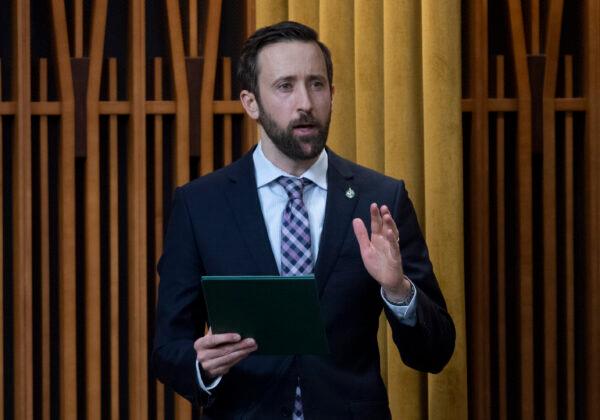With provinces beginning to re-open after the pandemic shut-down, one of the most pressing issues is how to improve the health-care system so as to be better prepared for a possible second wave.
One health policy expert thinks it’s time to consider reforms that will allow the private health sector to relieve the strain on the public system caused by cancelling elective surgeries and other treatments to free up services for COVID-19 patients.





